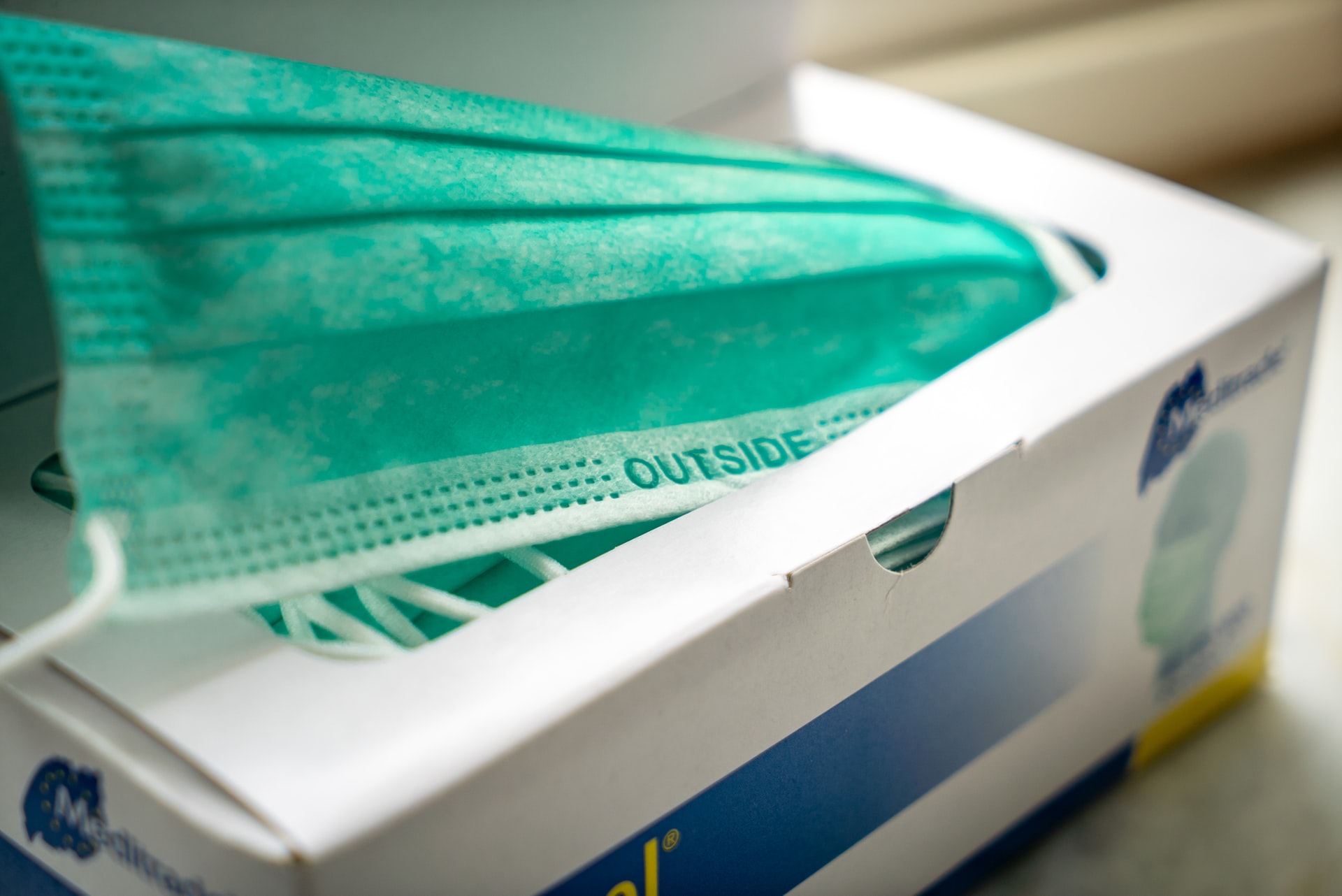The SMC led an online media briefing about what we understand about how the new COVID-19 variants spread.
Dr David Welch, Senior Lecturer, University of Auckland
The full briefing is available here and an excerpted transcript is below.
What do we understand so far about how these variants, especially the South African variant, differ from previous strains, and what makes them of particular concern?
Throughout the whole last year, we’ve seen all sorts of mutations arise. Every mutation that arises creates what we call a new variant. But, this variant and the other two variants – one from South Africa, one from the UK and one from Brazil… they all show the same sort of characteristics, which is a whole bunch of mutations around what is known as the spike protein. This spike protein is the sticky part of the virus. It pokes out of the virus and that’s the bit of the virus that grabs onto our cells and infects us.
Lab tests that have been done on viruses with these particular mutations suggest that it essentially makes the virus “more sticky” and more able to penetrate our cells and infect us.
What do we know now about the increased risk of transmission of these new variants?
You can do an experiment in a lab, and show that if you change just this one amino acid – this one small part of the protein – then it seems to make it stickier and more infectious, but, does this mean when the virus is out living in the wild… is it actually more infectious there? Is that mutation advantageous to the virus? Or is it deleterious?
One way to answer that is looking at the proportion of any particular variant. These alarm bells started being raised in the UK where they’re doing a whole lot of sequencing.
They flagged this variant and noticed that the proportion of people with this variant started at zero, grew to one per cent, increased up to over ten per cent in a very short timeframe.
That, in itself, doesn’t prove that the variant is more transmissible, because that can happen by chance. Say, a person with the variant went to the supermarket. They happen to be a superspreader, and they infected a hundred people up and down the aisles. We’d see the proportion of people with that variant increase whether or not the variant was more transmissible.
I guess what I’m trying to say is that there’s a whole lot of confounding things in there. [However,] evidence in the UK has come from genomic evidence… and just in the basic testing procedure they could see which was a variant and which was not. And then, they’ve done more epidemiological studies where they’ve gone and looked at people who had this variant and looked at their family groups. We see what we call a higher “attack rate” in those family groups, which means a higher proportion of contacts within that family have been infected among people who have the variant, as opposed to the standard strain.
For a person who is a close contact of someone with this South African variant and has a negative test result, what’s the window for when they could still test positive on further follow-up?
The whole idea of 14-day isolation and quarantine is based around the idea that this disease has a latent period. A latent period is when you get infected, but you’re not showing any symptoms and you’re not infectious yet. Most people who get infected start showing symptoms in about five to six days. If you want to get everyone, then you’ve got to start extending that period. There are some people who don’t start showing any symptoms, or they become infectious, up to 10, 12, or 14 days later. To get 95% of people, it’s thought the 14-day period will cover them.
So, as far as we understand, does this 14-day period still apply for these variants?
It does. Pretty much the only thing we know [that’s different] about this variant, at the moment, is that it seems to be more transmissible.
Can you think of any explanation of why the virus doesn’t seem to have been passed to the community from these three current cases, even to their close contacts? Or is it just luck?
It’s somewhat luck. I haven’t heard particularly about how these people have been behaving. [However,] I think there’s a fair amount of carefulness that’s going on among people, and some of that should be formalised. We should be saying to people, “You’re in the country now, that’s great. You’re out of quarantine, but maybe go home and stay there quietly for the next week, if at all possible, and get a couple of follow-up tests.”
Instituting some principles like that could really tighten up our quarantine system.
